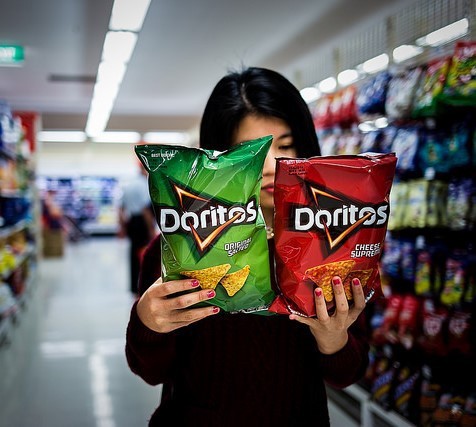Conscious Experiences of Decision Making
Choosing among multiple possible actions, the sense of volition, is closely associated with our subjective feeling of consciousness. When we make a lot of decisions, we may feel especially conscious and then feel exhausted, as if our mental energy has been drained.
We make decisions in two distinct ways. Sometimes we carefully analyze and weigh different factors to reach a decision, taking full advantage of the brain’s conscious mode of information processing. Other times we make a gut decision, trusting the unconscious mode of information processing (although it still depends on the brain). The unconscious mode is adept at simultaneously considering numerous factors in parallel, which can yield an overall impression of the sum total of evidence. In this case, we have no awareness of the individual considerations. In the conscious mode, in contrast, we can carefully scrutinize each factor—although the act of focusing on a specific factor can interfere with weighing in other factors.

When making a decision you might carefully consider your choices or simply “go with your gut”. [Image: Daniel Lee, https:// goo.gl/aJi3jx, CC BY-NC-SA 2.0, https://goo.gl/Toc0ZF]
One might try to optimize decision making by taking into account these two strategies. A careful conscious decision should be effective when there are only a few known factors to consider. A gut decision should be effective when a large number of factors should be considered simultaneously. Gut decisions can indeed be accurate on occasion (e.g., guessing which of many teams will win a close competition), but only if you are well versed in the relevant domain (Dane, Rockmann, & Pratt, 2012).
As we learn from our experiences, some of this gradual knowledge accrual is unconscious; we don’t know we have it and we can use it without knowing it. On the other hand, consciously acquired information can be uniquely beneficial by allowing additional stages of control (de Lange, van Gaal, Lamme, & Dehaene, 2011). It is often helpful to control which new knowledge we acquire and which stored information we retrieve in accordance with our conscious goals and beliefs.
Whether you choose to trust your gut or to carefully analyze the relevant factors, you feel that you freely reach your own decision. Is this feeling of free choice real? Contemporary experimental techniques fall short of answering this existential question. However, it is likely that at least the sense of immediacy of our decisions is an illusion.
In one experiment, people were asked to freely consider whether to press the right button or the left button, and to press it when they made the decision (Soon, Brass, Heinze, & Haynes, 2008). Although they indicated that they made the decision immediately before pressing the button, their brain activity, measured using functional magnetic resonance imaging, predicted their decision as much as 10 seconds before they said they freely made the decision. In the same way, each conscious experience is likely preceded by precursor brain events that on their own do not entail consciousness but that culminate in a conscious experience.
In many situations, people generate a reason for an action that has nothing to do with the actual basis of the decision to act in a particular way. We all have a propensity to retrospectively produce a reasonable explanation for our behavior, yet our behavior is often the result of unconscious mental processing, not conscious volition.
Why do we feel that each of our actions is immediately preceded by our own decision to act? This illusion may help us distinguish our own actions from those of other agents. For example, while walking hand-in-hand with a friend, if you felt you made a decision to turn left immediately before you both turned left, then you know that you initiated the turn; otherwise, you would know that your friend did.
Even if some aspects of the decision-making process are illusory, to what extent are our decisions determined by prior conditions? It certainly seems that we can have full control of some decisions, such as when we create a conscious intention that leads to a specific action: You can decide to go left or go right. To evaluate such impressions, further research must develop a better understanding of the neurocognitive basis of volition, which is a tricky undertaking, given that decisions are conceivably influenced by unconscious processing, neural noise, and the unpredictability of a vast interactive network of neurons in the brain.
Yet belief in free choice has been shown to promote moral behavior, and it is the basis of human notions of justice. The sense of free choice may be a beneficial trait that became prevalent because it helped us flourish as social beings.

